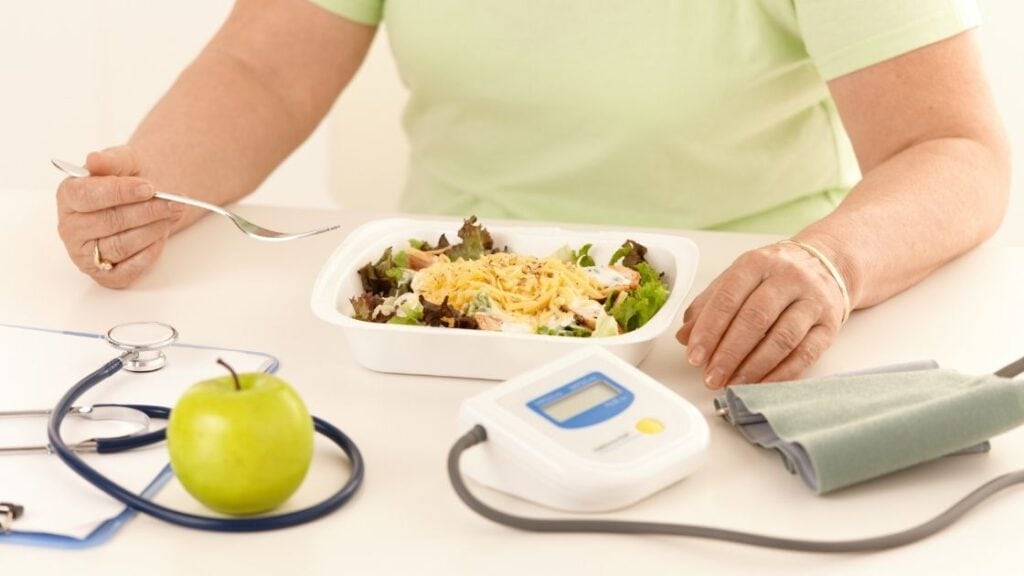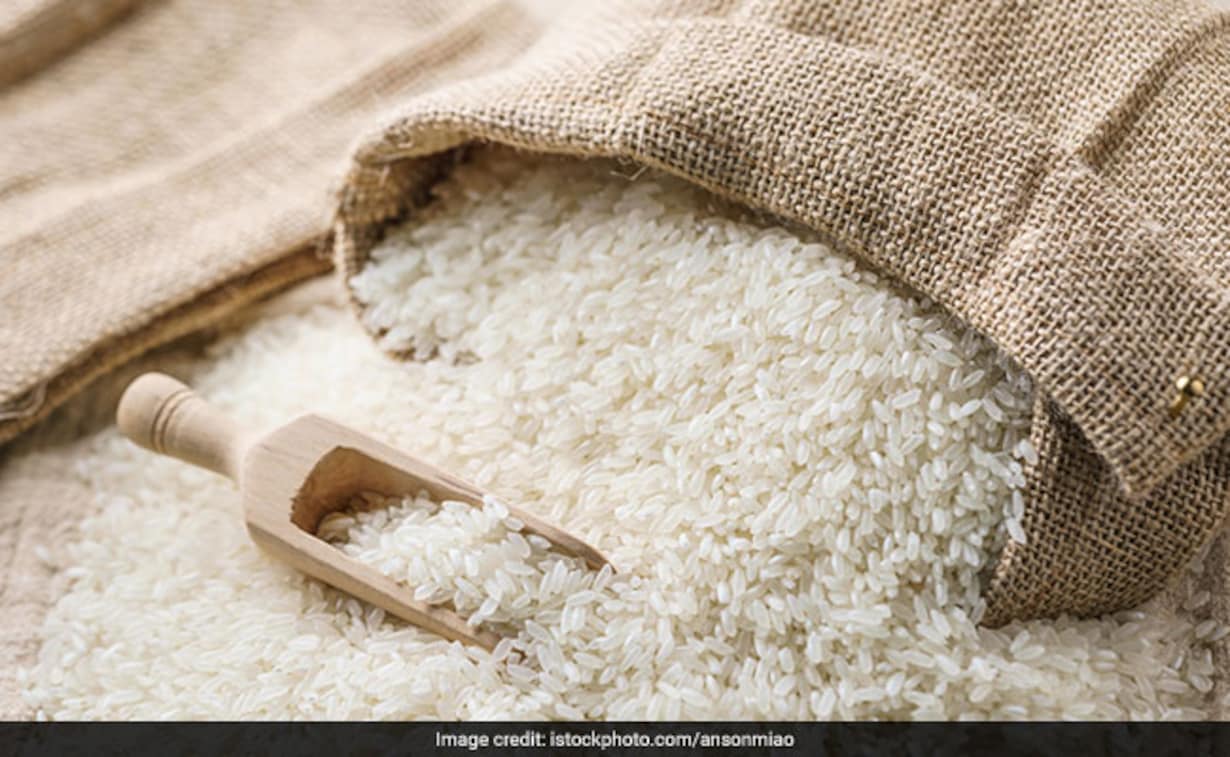
Are you looking at the best weight-loss tips? You have come to the right place if you are looking for the best weight loss advice. These 23 women shared their best tips for weight loss. You can also consult a registered dietitian for more information. This article will discuss how to lower your caloric intake, reduce inflammation, and increase water intake. Don't forget sugar! We also discuss how important it is to exercise every day.
Reduce calorie intake
Obesity is a serious problem. Obesity has many negative consequences. It reduces life expectancy. 18% percent of the world's male population is expected to be obese by 2025. Sixty-eight% are considered overweight in the United States. The obesity crisis has not been solved entirely by attempts to decrease calories. This has created a culture where calorie intake is limited and people ignore body mechanisms that help maintain healthy weight.

Cut out inflammatory foods
There are many benefits to avoiding inflammatory foods. But what are they? How can you include them in your diet? Inflammation is the result of a problem with the body's inflammatory response. Processed and refined foods lead to inflammation. This causes the development of disease such as diabetes, heart disease, obesity and other conditions. There are ways to avoid eating inflammatory foods and still enjoy your favorite foods.
Increase water intake
Aside from the numerous health benefits of drinking water, increasing water consumption for weight loss can also help prevent obesity. A recent school-based study found that 17 schools had water fountains. Classroom lessons were also focused on water intake. Participants in the study saw a 31% decrease in their obesity risk. Drinking more water can help reduce calorie intake and improve cognitive function, as well as reduce long-term weight gain.
Cut out sugar
Sugar reduction is a proven and effective way to lose weight. Although it can be hard to give up your favourite treats, there are many benefits to living sugar-free. These are some ways to make it easier to quit sugary treats and live a healthier life.
Reduce saturated fats
Saturated oils are bad for your body. They should be replaced with polyunsaturated, monounsaturated fats. These are found in foods like nuts, avocados, olive oil, and fish. Instead of red meat, opt for skinless chicken or fish. Olive oil can be substituted for butter, and egg yolks may be replaced by egg whites. Pay attention to food labels and adhere to the daily recommended intake of saturated fats.

Increase fiber intake
The consumption of fiber is directly linked to a healthier weight. A great way to lose weight and improve your overall health is to eat more fiber. Fiber comes in two types: soluble and insoluble. Insoluble fiber improves your feeling full and increases your bowel movements. Insoluble fiber can make you feel fuller and last longer. It can also help with weight loss. Your fiber intake should be gradually increased for best results.
FAQ
Why lose weight when you are 40 years old?
For people over 40, maintaining good health and fitness are essential. It is also crucial to find ways to keep fit throughout life. This includes regular exercise, eating right, not smoking, moderate alcohol, and regular exercise.
It is also important that you understand that as we age, our bodies undergo changes. Our bones get weaker and our muscles become smaller. It is possible to slow down the process of aging by taking good care of ourselves.
Staying healthy and fit throughout your life is a great way to keep yourself young. These include:
-
Better sleep
-
Better mood
-
Increased energy levels
-
Lower risk of getting cancer
-
A longer life
-
More independence
-
Better sex
-
Improved memory
-
Improved concentration
-
Better circulation
-
Stronger immune system
-
Fewer aches and pains
How often do people fast?
Most people who adhere to a ketogenic lifestyle fast only once per week. Some people fast twice weekly. Others fast three times a week.
There is a variation in the length of fasts. Some people fasted for 24 hours and others for 48 hours.
Some people go on for more than 72 hours. However, these extreme cases are rare.
What length of Intermittent Fasting should I be doing to lose weight?
It is not as easy as you think. When determining the number of days you should fast for optimal fat reduction, there are many factors to consider. These are:
-
Your age. Intermittent fasting can be difficult for young people (under 40). This is because they have less time to recover after each fast. Alternately, if your age is over 60, intermittent fasting might prove too challenging because you may not have enough energy to last for extended periods of time.
-
Your current body composition. Your current body composition. If you have a lot more muscle mass than you need, then you will likely be more successful with longer fasting periods. However, if you have little muscle mass, then shorter periods of fasting may be better suited for you.
-
How physically active you are. Exercise regularly and you may need to extend the fasting window in order to get enough sleep between workouts.
-
Your health history. Additional fasting monitoring may be required for certain medical conditions such as diabetes or heart disease.
-
How can you manage stress? Stressful situations often make us eat less. This problem can be avoided by increasing the length of your fasting periods.
-
Your diet. Certain diets, like ketogenic diets, may require even longer fasting periods.
-
Your quality of sleep. Also, a lack of sleep has been linked with increased appetites and decreased metabolism. Therefore, it may take some experimentation before determining what works best for you.
-
Your daily intake of protein. Protein stabilizes blood sugar levels. Therefore, eating more protein could result in lower insulin levels. This would allow for you to fast more often.
-
Individuals who are trying lose or gain weight will require longer fasting times than those who are trying.
-
How many calories did you consume during your fasting period? Fasting fewer calories per day may result in greater fat loss than fasting for more calories per day.
-
Your overall fitness level. Faster people are more likely to be fit, and burn more calories during the day.
-
Your gender. Men typically have larger appetites than women, so they may need to fast for slightly longer periods of time. Women tend to have smaller appetites so they might only need to fast for 20-30 minutes each morning.
-
Your lifestyle. Are you someone who is active? Do you do a lot of exercise each week? Are you a worker who sits at a computer all day? All these factors can have an impact on how much time you should speed.
-
How much do you spend per month on food? It doesn't always mean that you should spend a lot of money on groceries if you eat healthy foods. Whole grains are better than white bread and whole fruits are better than candy bars. Lean meats can also be saved.
-
You need to be able to control your hunger. You may not have to fast as often if it is important to eat regularly.
How to make an exercise plan?
First, create a routine. You must know what you will do each and every day, as well as how long it will take. This helps you plan ahead, and it will also help you avoid procrastination.
A second important thing to do is ensure you have lots of variety when it comes to your exercise routine. It is important not to get bored while exercising. This will cause you to lose interest and make it difficult for you to stick with it.
Keep track of your progress. It's important that you keep track of the weight you have gained or lost over time.
If you start off by losing weight, it's easy to lose motivation if you don't gain any additional weight. On the other hand, if you gain too much weight, it becomes harder to stay motivated.
It is important to find the right balance between weight gain or weight loss. You'll find it harder to exercise if you don't like where you are at the moment.
What side effects can intermittent fasting have?
Intermittent fasting does not have any known side effects. However, if you don't plan properly, you might experience some minor issues.
For instance, if breakfast is skipped, you might feel uneasy all day. Other symptoms include headaches, dizziness and fatigue as well as muscle cramps.
These symptoms usually resolve within a few weeks.
Statistics
- It's estimated that half of all American adults attempt to lose weight every year (1Trusted (healthline.com)
- According to Harvard Health, it's estimated that a 155-pound (70-kg) person burns roughly 112 calories per 30 minutes of weight training (5). (healthline.com)
- Among women, the increase in metabolic rate was nearly 4%, or 50 more calories per day (14Trusted Source (healthline.com)
- One 6-month study showed that simply doing 11 minutes of strength-based exercises 3 times per week resulted in a 7.4% increase in metabolic rate, on average. (healthline.com)
External Links
How To
How to lose weight fast
There are many ways to lose weight fast. However, most people find them to be ineffective and unsustainable. You can lose weight fast by exercising and dieting. It is important to eat less calories than your body burns each day. This means eating fewer calories than what your body burns during normal activities. Reduce your calorie intake to quickly lose weight.
It is best to avoid foods high in fat or sugar, as these can increase your appetite. You should also drink lots of water every day. This helps you stay hydrated and boosts your metabolism. Combine these three things and you will see results faster than ever before!